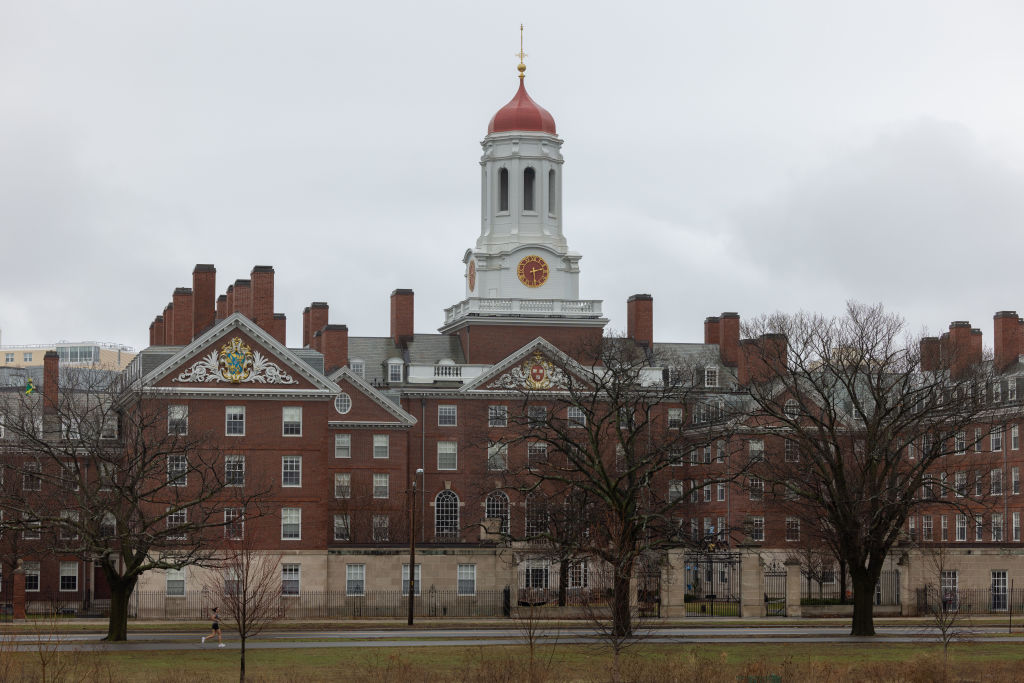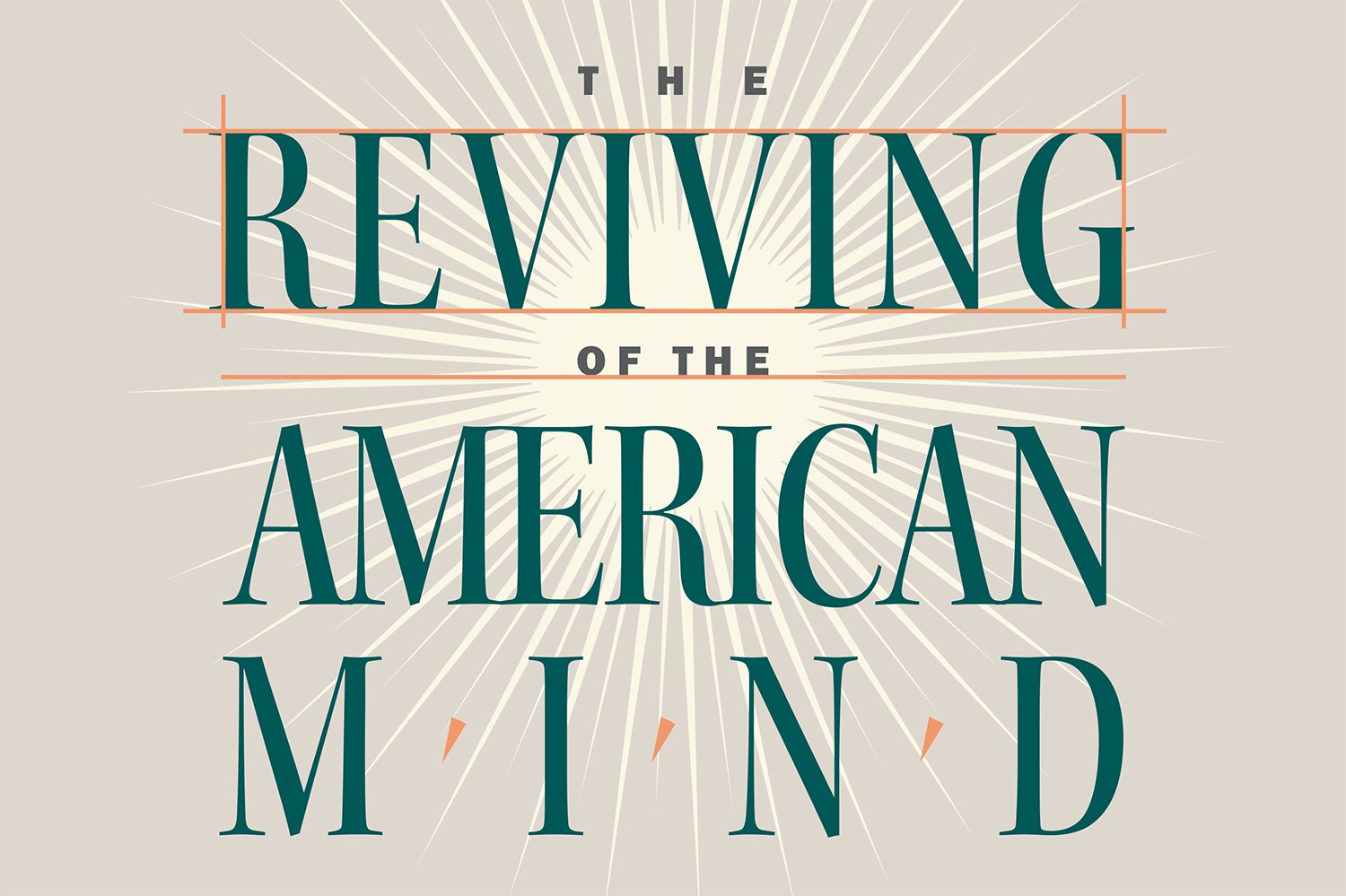Meritocracy, a word coined by my father, gets a bad press these days. Two recent books — The Meritocracy Trap (2019) by Daniel Markovits and The Tyranny of Merit (2020) by Michael Sandel — hold it responsible for many of America’s ills, and in some settings saying you believe the most qualified person should get the job is classified as a ‘micro-aggression’ because it ignores the role that race plays in determining a person’s life chances. It’s one of those progressive doctrines that’s fallen out of favor.
So kudos to Adrian Wooldridge, the political editor of the Economist, for producing a full-throated defense of the principle. In The Aristocracy of Talent, he argues that meritocracy has been responsible for transforming the developed nations of the West into the most successful societies the world has ever known and is currently having a similarly galvanizing effect on China and southeast Asia. Unless the principle is revitalized in Europe and North America, he says, the West is doomed to decline.
Wooldridge acknowledges he has his work cut out. When my father introduced the concept in The Rise of the Meritocracy (1958), he predicted that the meritocratic era would end with a bloody revolution in which the alienated masses, deprived of all hope of social advancement, would rise up against the cognitive elite in 2034. According to Wooldridge, the populist revolts of 2016 — Leave winning the EU referendum and Trump’s victory in the presidential election — were a foretaste of this. The meritocratic elite, whose claim to rule is based on their superior intelligence, proved to have feet of clay after the twin disasters of the Iraq war and the global financial crisis, and ordinary voters decided to give them a bloody nose. Since then, things haven’t improved, with populist leaders in America, Britain, Hungary, Poland and Brazil being unable to wrest power from the billionaires and ‘thought leaders’ who meet in Davos every February.
The real problem, says Wooldridge, is that meritocracy has calcified into a ‘pluto-meritocracy’, with our supercilious overlords using their money and status to pass on their privileges to their offspring, leaving little room at the top for anyone else. He rattles off some familiar statistics: Oxford and Cambridge accept more applicants from eight elite schools than they do from 3,000 state schools combined; Ivy League colleges accept more students from households in the top 1 percent of the income distribution than the entire bottom half. In the 20th century, meritocracy was a battering ram that enabled a group of talented outsiders to storm the citadels of the establishment; in the 21st, it is more like razor wire, placed on the ramparts to protect the establishment from pesky interlopers.
All of this is fairly persuasive, with Wooldridge accurately setting out the case for the prosecution. Less convincing is his case for the defense. For instance, he does his best to reply to the critique of meritocracy set out by the American philosopher John Rawls, which is that we don’t deserve our natural endowments or the circumstances that enable us to cultivate them, so why should we deserve the money and status that accrue to them? Wooldridge responds by arguing that a considerable amount of personal sacrifice and hard work is required to develop your talents. But Rawls has a reply to this: the capacity for hard work is itself a natural endowment and we no more deserve that than we do our other gifts.
Wooldridge offers up a better response to Rawls’s argument, provided by the sociologist Peter Saunders: ‘The ethical justification for meritocracy is not that people should be rewarded for their genes and upbringing, it is that everyone benefits when the talented are induced to hone their abilities to what other people demand in the marketplace.’ Unfortunately, everyone isn’t benefiting. The pluto-meritocrats are busy acquiring a bigger and bigger slice of the pie, while middle-class living standards fall and working-class communities collapse.
Wooldridge’s solution is more meritocracy — he wants to bring back grammar schools and force private schools to allocate half their places to poor children with high IQs — and some 19th-century moralizing. ‘We need to inculcate the successful with a renewed sense of public duty,’ he writes. Good luck with that. The Aristocracy of Talent is a valiant attempt to defend an unfashionable philosophy, but it left me thinking meritocracy is still on course to implode in 2034.
This article was originally published in The Spectator’s UK magazine. Subscribe to the World edition here.
























